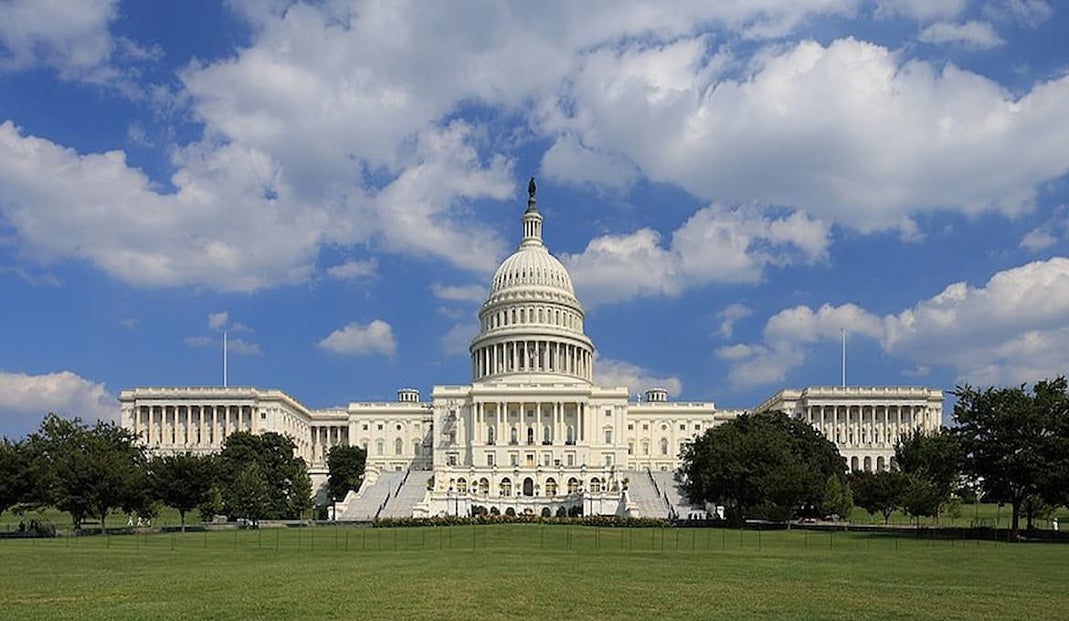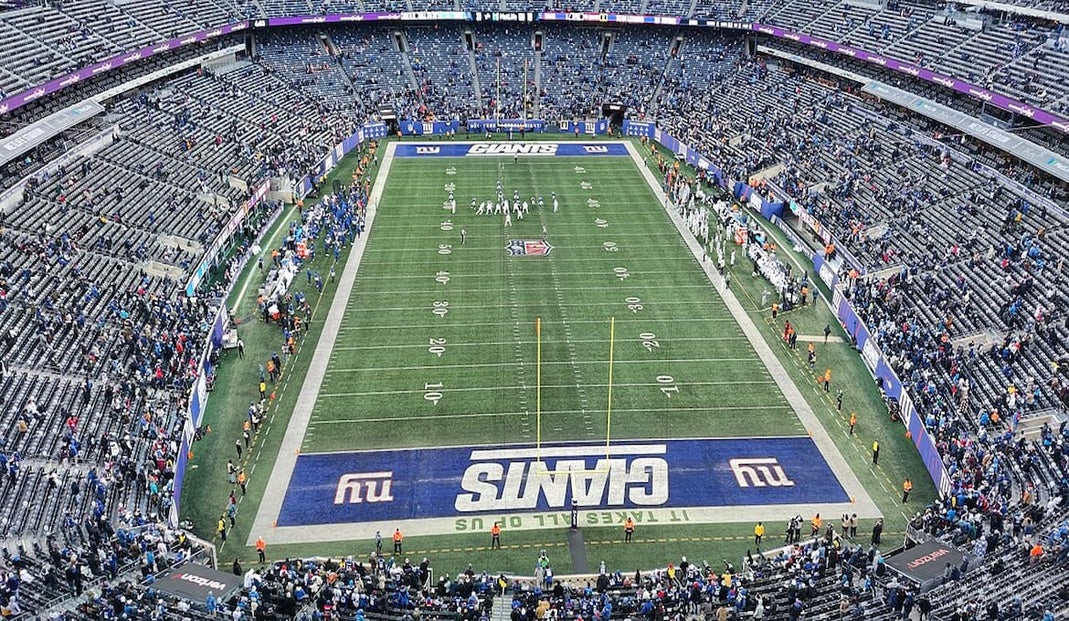Bovada Refusing to Risk Legal Action
Bovada’s exit from Arizona makes the state the seventeenth market in which the sportsbook is no longer allowed.
Over the last year, the offshore operator has received a flurry of cease-and-desist letters from states across the US. While each letter threatened legal action, individual states do not have the ability to pursue international charges. That means they’d need the federal government to get involved, but they may not be willing to take up the cause.
That means it was up to Bovada on how they would respond to the threats of legal action. Instead of fighting or ignoring the threat of legal action, the operator has decided it isn’t worth the fight.
Will Bovada Survive Purge?
Bovada is one of the largest offshore sportsbooks in the US, which is why it has been targeted by regulators. The operators' decision to comply with cease-and-desist letters is leading to more markets taking similar action. Bovada’s market is shrinking fast, signaling that its time may be limited.
The operator has a significant presence across the globe, meaning it won’t be crippled if it loses all of its US markets. That is likely why they are not fighting harder against their slow expulsion, but that could change.
Offshore Books Leading to Less Tax Revenue
The driving reason for the push against Bovada is the legal sports betting market. States have been outperforming projections as the industry continues to grow, but offshore books don’t pay taxes. That means there is betting revenue that markets are missing out on, which they are now looking to recoup.
Bettors who wager with offshore books do so for various reasons, including promotions, higher limits, and more favorable odds. Regulated sportsbooks cannot match the quality of those offerings, leading more experienced bettors to avoid them.
cision.






























